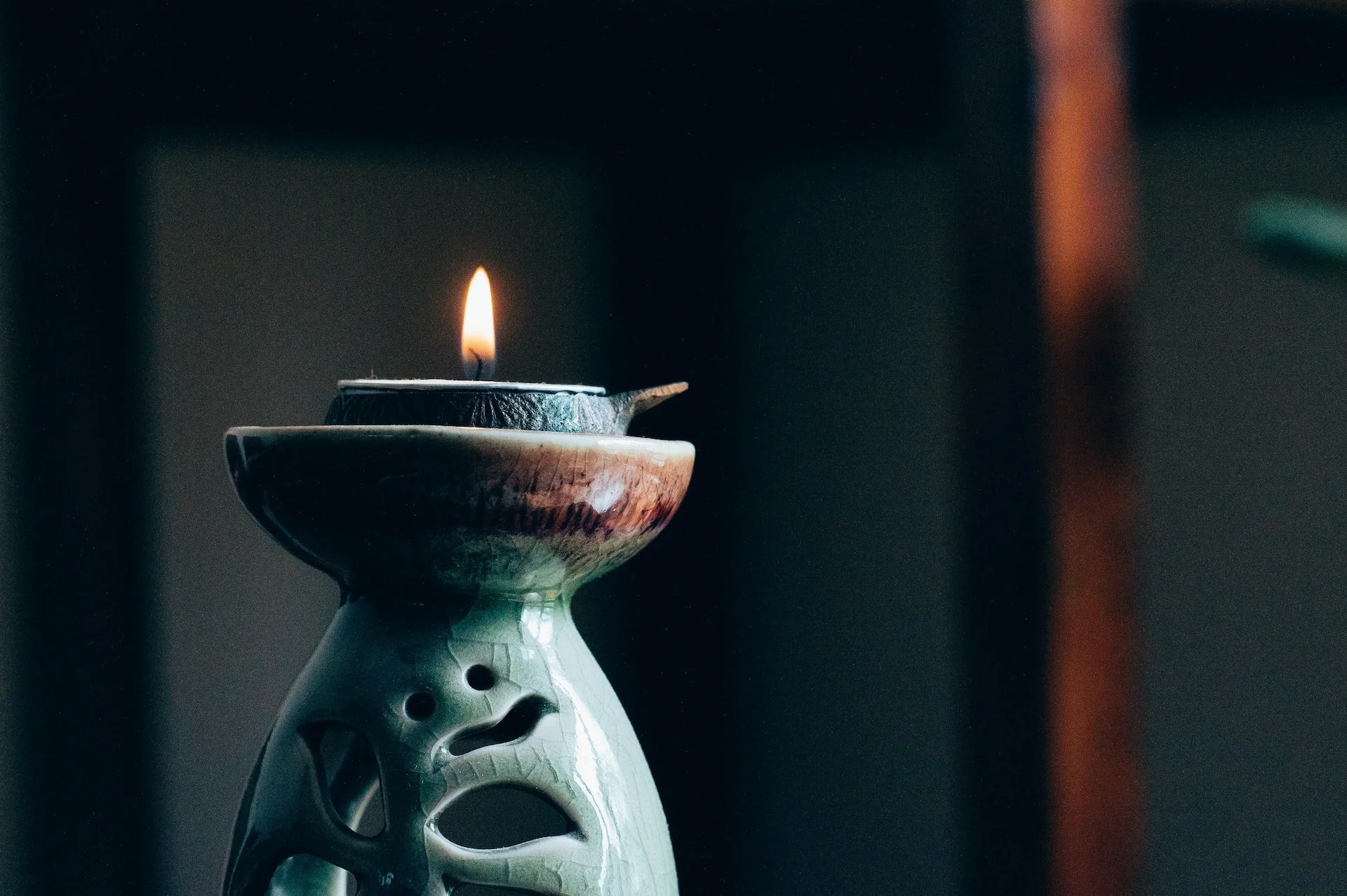Saving Pagan Lives
Interfaith Collaboration – Walking the Talk
Joy at the Grassroots
The faces … it is the faces of people from communities around the world that I remember most from this past year, visiting global grassroots interfaith groups. A year ago, I began my work as executive director of United Religions Initiative (URI), a rare opportunity to contribute to an extraordinary movement dedicated to building peace among the peoples of the planet. [Photo: URI]





